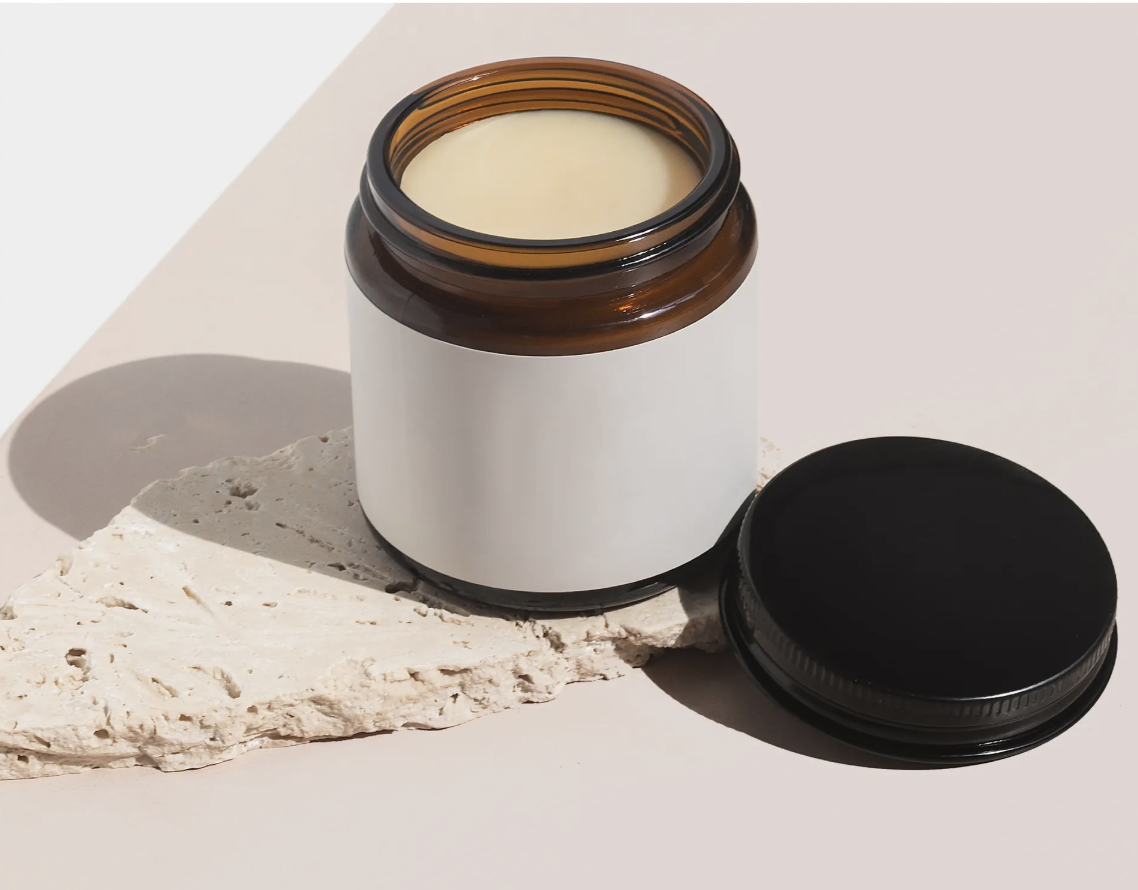"Which Is Better: Beef Tallow or Seed Oils?"
Seed oils are “toxic.” Beef tallow is “ancestral.” Both claims make great clicks—and miss the science entirely.

Scroll through social media, and you’ll see seed oils are branded either as “toxic industrial byproducts” or “heart-healthy staples.” Meanwhile, beef tallow is either “ancestral nutrition” or “a heart attack in a jar.”
Which side is right?
Neither. Both. It’s complicated. The reality is far more nuanced than politicians and wellness influencers would have you believe, but nuance doesn’t trend on social media.
Good thing you’re here instead. Let’s see what the science says:
What Are Seed Oils, Really?
A “seed oil” is any oil extracted from seeds, such as canola, soybean, sunflower, safflower, rapeseed, and corn. Most are heavily processed using heat and chemical refining techniques.
- Zoom In: Seed oils are packed with polyunsaturated fatty acids (PUFAs), specifically omega-6 linoleic acid. These essential fats play a role in energy, inflammation regulation, immune response, and more.
The Case For Seed Oils
Decades of research suggest that swapping saturated fats (think butter, lard) for polyunsaturated fats lowers “bad” LDL cholesterol and reduces your risk of heart disease.
- Science Says: A 2024 study found that people with higher blood levels of linoleic acid (the main omega-6 fat in seed oils) had lower rates of heart disease, stroke, and type 2 diabetes.
And we can’t forget that seed oils contain vitamin E and other antioxidants, which help protect your cells and support immune function.
The Case Against Seed Oils
Maybe you’re thinking, “Great! Omega-6 is good for us.” But it’s not that simple. While omega-6s do produce anti-inflammatory mediators, they can actually lead to inflammation if consumed in excess.
When you eat more omega-6 than omega-3 (which is common with a diet heavy in seed oils), your body produces more pro-inflammatory compounds, which can contribute to heart disease, diabetes, and more.
- Zoom In: The ideal omega-6 to omega-3 ratio is around 5:1. But the current Western diet has a ratio of about 20:1 (four times higher than ideal).
Plus, the processing and repeated high-heat frying of seed oils can create harmful oxidation products. But typical home cooking produces much less than the sensational posts suggest.
What About Beef Tallow?
Beef tallow is rendered (melted and purified) fat from cattle. It’s creamy, white, and solid at room temperature, and rich in saturated fatty acids like palmitic and stearic acid.
The Case For Beef Tallow
Unlike seed oils, beef tallow stays more stable under heat, so it’s less prone to oxidation. And less oxidized oils means less exposure to byproducts linked with inflammation and chronic disease.
There’s also the grass-fed aspect. Grass-fed beef tallow contains phytochemicals (plant compounds with antioxidant properties) and conjugated linoleic acid (which may support your metabolism)
- Doctor’s Note: A 2022 study found huge inconsistencies among grass-fed products in the U.S., so just know “grass-fed” doesn’t guarantee quality.
The Case Against Beef Tallow
Grass-fed or not, beef tallow is a saturated fat. Saturated fat is not good for our arteries, leading to atherosclerosis or clogging of the arteries.
- Zoom In: The American Heart Association advises limiting your saturated fat to only 6% of your daily caloric intake. But just ONE tablespoon of beef tallow almost hits the full daily amount of saturated fat recommended in a 2,000-calorie diet.
What The Headlines Miss
The social media posts you see claiming seed oils are poison or that beef tallow is “liquid gold” are all missing one thing: nuance. Before you believe a wellness guru on TikTok, remember this:
- Frequency Matters
Seed oils in a Mediterranean diet (vegetables, legumes, fish, whole grains) aren’t the same seed oils as in ultra-processed foods. Likewise, an occasional roast potato cooked in tallow isn’t the same as using it daily.
- Dose and Preparation Matters
Neither ingredient is inherently “toxic.” It’s your overall eating pattern (how you pair and prepare your foods) that’s the most important variable.
- Women Over 50 Are Unique
After menopause, heart disease risk rises sharply. The evidence shows that unsaturated fats (olive oil, nuts, seeds, avocados, and yes, moderate amounts of seed oils) support heart health better than relying heavily on saturated fats like tallow.
- Science is Not Politics
These debates are hijacked by politics and clickbait. But science isn’t dramatic: diverse, plant-forward eating patterns with limited saturated fat remain the most evidence-based approach. Remember that in nutrition, nuance beats headlines. Always.


